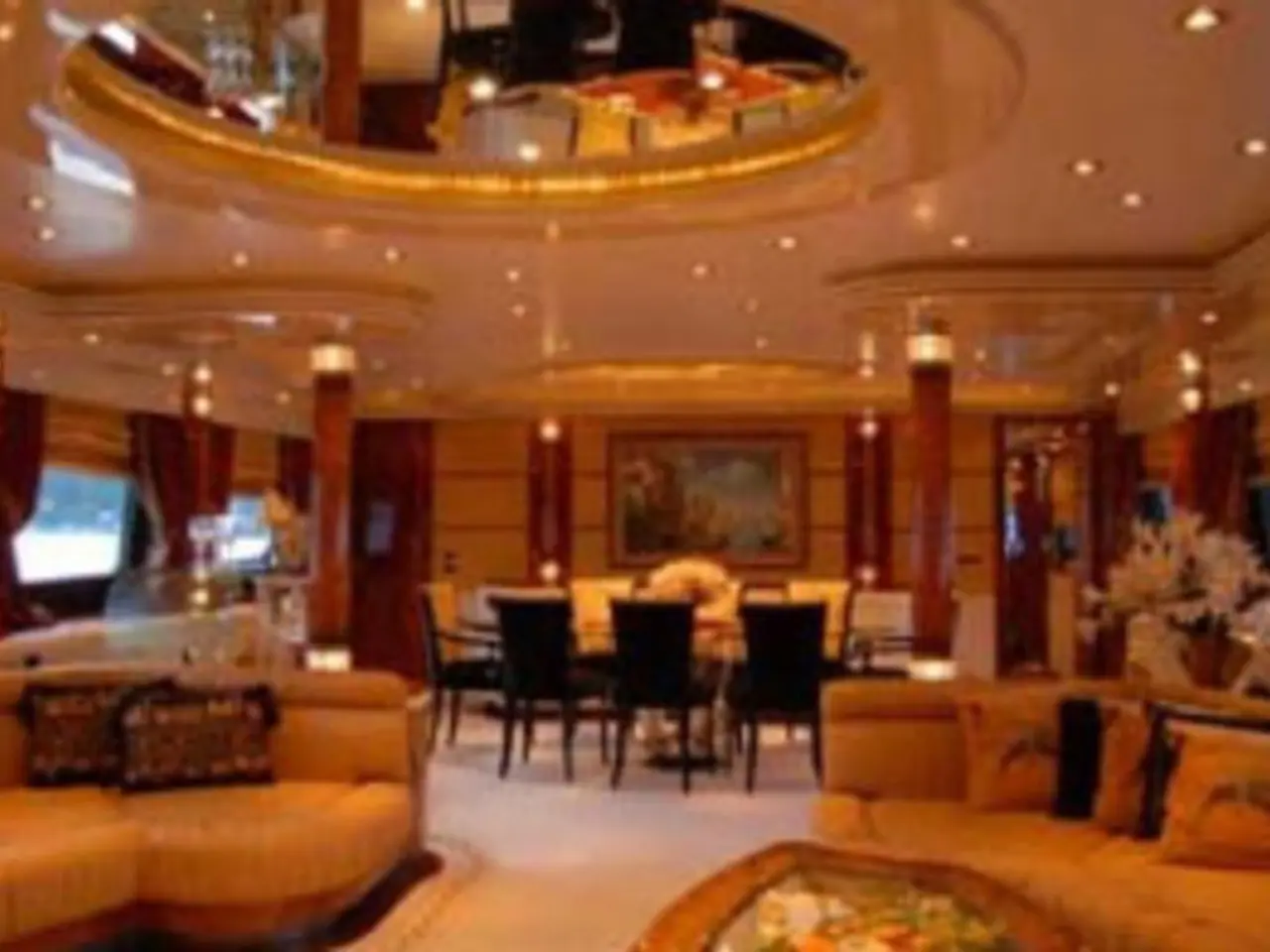European Hotels Embrace Eco-Friendliness: Soaring Sustainability Efforts in the Hospitality Industry Across the Continent
In the ever-evolving hospitality industry, sustainability has become a key focus for many European hotels. These establishments are not just offering a place to rest, but are also striving to make a positive impact on the environment and the communities they serve. Here's a look at the key elements that define a truly sustainable European hotel in 2025.
Verified Net Zero Carbon Emissions
Hotels are aiming to eliminate Scope 1 and 2 emissions, significantly reduce Scope 3 emissions, and offset any remaining emissions through nature-based solutions. Third-party verification, such as by TÜV Rheinland, sets a gold standard for net zero emissions.
Energy Efficiency and Renewable Energy Use
Incorporating advanced HVAC systems, LED lighting, AI-based energy management, and on-site renewable energy sources like solar and wind, hotels are targeting a reduction in energy consumption by 25-40%. This not only benefits the environment but also offers financial advantages.
Water Conservation
Measures such as wastewater recycling, pressure reducers, and efficient water-use fixtures are being implemented to significantly reduce water consumption. For instance, a goal of 5% per guest water savings is being pursued while promoting sustainable water management.
Sustainable Materials and Waste Reduction
The use of eco-friendly building materials like bamboo, reclaimed wood, recycled metals, and FSC-certified wood, combined with waste reduction strategies including extensive recycling and composting programs, is helping these hotels achieve minimal landfill output.
Third-Party Certification
Recognized sustainability certifications like Green Key and GSTC-accredited certifications are increasingly mandatory. These certifications require documented environmental management, regular audits, and engagement with Sustainable Development Goals.
Guest Engagement and Education
Hotels are empowering guests through communication about sustainable practices, providing options such as skipping daily room cleanings, use of public transport or electric vehicle charging, boosting participation in green programs, and raising awareness through trained staff.
Sustainable Supply Chain and Ethical Sourcing
Transparent records of suppliers’ sustainability credentials, prioritizing eco-friendly products, and ensuring ethical procurement practices contribute to lowering the overall environmental footprint.
ESG Reporting and Digital Monitoring Tools
Implementation of intelligent dashboards and environmental, social, and governance (ESG) reporting systems ensures accountability and continuous improvement.
Some notable examples of sustainable hotels in Europe include Ahead Burghotel near the Elbe River, Vegan Hotel Nicolay 1881 along the Moselle River, Strandhotel am Weissensee on Austria's highest-altitude bathing lake, and Vegan Agrivilla I Pini housed in a former farmhouse in Tuscany. These hotels offer plant-based dining, wellness areas, and eco-friendly amenities, among other sustainable features.
This integrated approach supports environmental goals, enhances profitability, and meets growing consumer demand for responsible hospitality.
- In 2025, European hotels not only provide travelers with a place to rest, but they also strive to minimize their carbon emissions, achieve net zero status, and contribute positively to the environment and local communities.
- Energy-efficient HVAC systems, LED lighting, AI-based energy management, and on-site renewable energy sources are being incorporated to reduce energy consumption by 25-40%, benefiting both the environment and the hotels' financials.
- Water conservation initiatives, such as wastewater recycling, pressure reducers, and efficient water-use fixtures, are being implemented to reduce water consumption by 5% per guest while promoting sustainable water management.
- Eco-friendly building materials, waste reduction strategies, and third-party certifications like Green Key and GSTC-accredited certifications are essential for minimizing a hotel's environmental footprint and being recognized as a truly sustainable establishment.
- Sustainable hotels in Europe, such as Ahead Burghotel, Vegan Hotel Nicolay 1881, Strandhotel am Weissensee, and Vegan Agrivilla I Pini, offer plant-based dining, wellness areas, and eco-friendly amenities, while also engaging guests in sustainable practices and educating them about responsible hospitality.




